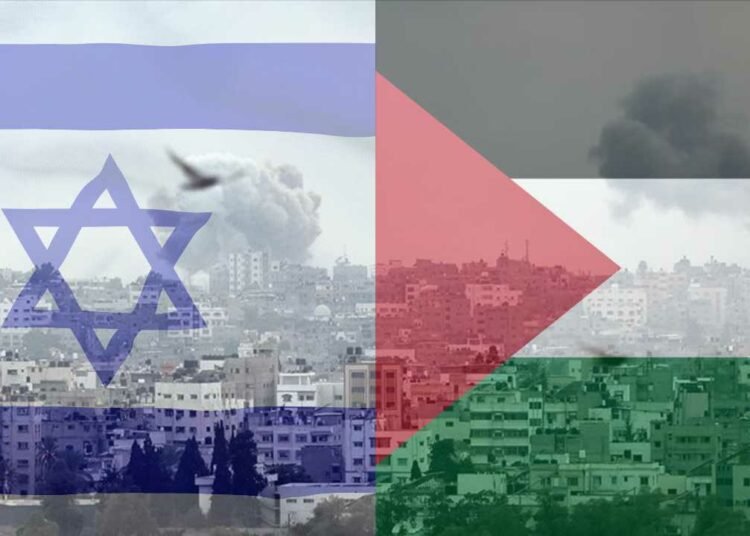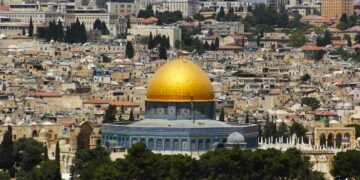Historical Roots:
Both Israelis and Palestinians have deep historical ties to the region. Israel’s creation in 1948 provided a haven for Jews, while Palestinians view it as the Nakba, or catastrophe, leading to their displacement.
Jerusalem’s Significance:
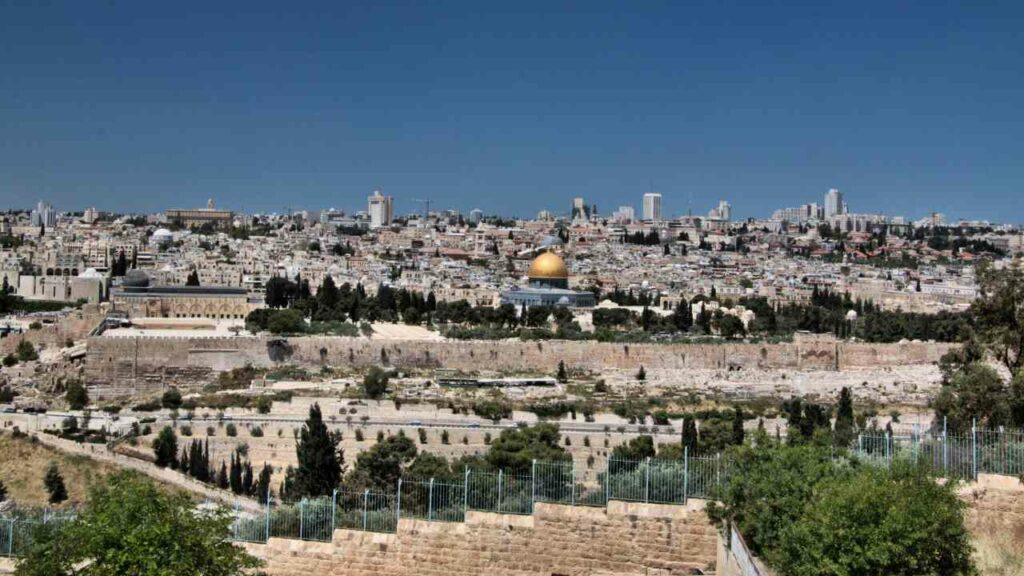
Jerusalem holds religious importance for Jews, Muslims, and Christians. The status of the city, especially East Jerusalem, remains a contentious issue.
Refugee Crisis:
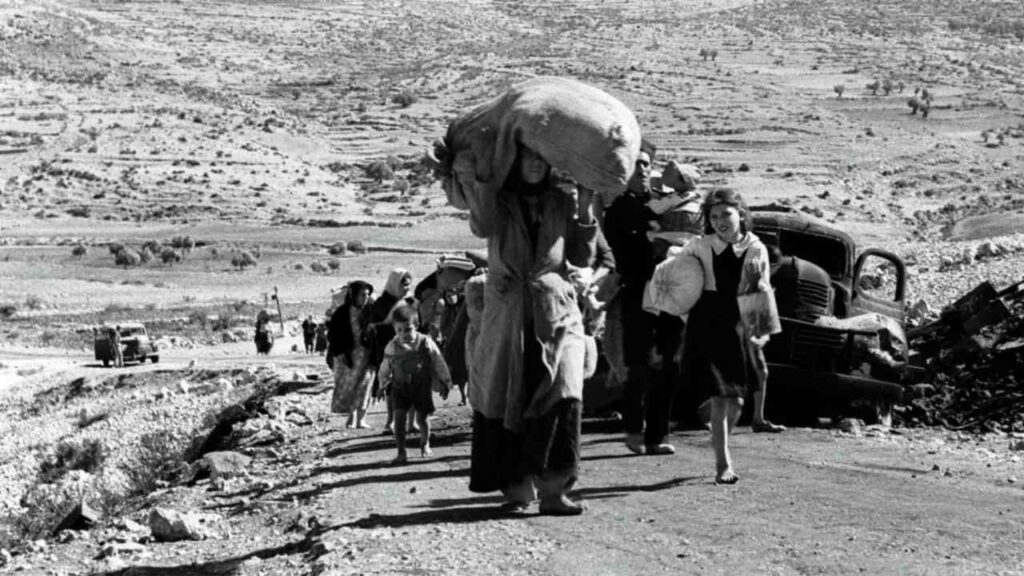
The 1948 war led to the displacement of around 700,000 Palestinians. The right of return for these refugees and their descendants remains a major point of dispute.
Territorial Wars:
Wars in 1967 and 1973 resulted in Israel capturing territories like the West Bank and Gaza Strip. The status of these territories is still debated.
Settlements:
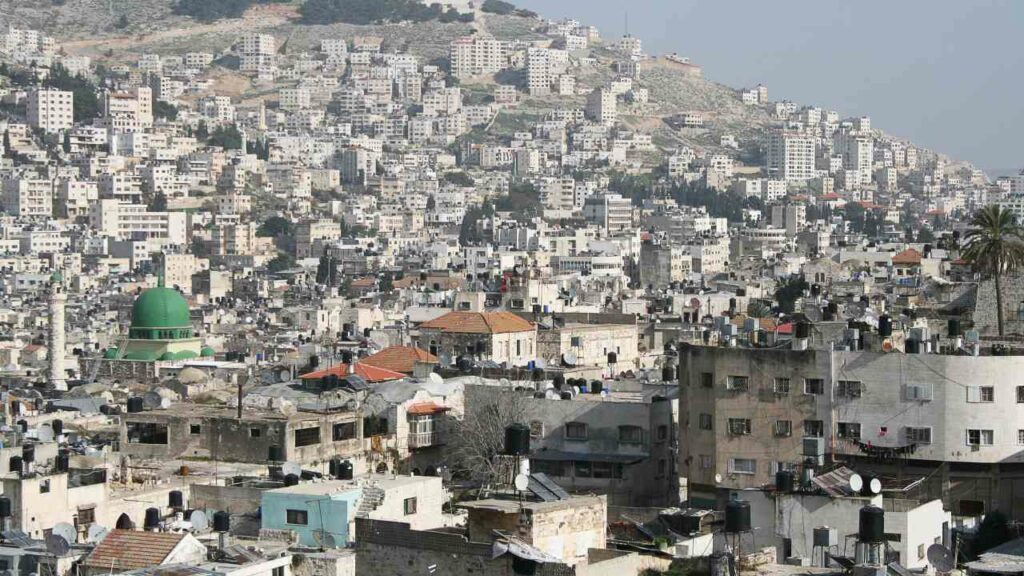
Israel’s establishment of settlements in the West Bank is considered illegal under international law by most countries. Their expansion remains a contentious issue.
Peace Efforts:
Various peace initiatives, like the Oslo Accords and the Camp David summit, have been attempted but have not resulted in a lasting solution.
Two-State Solution:

The vision of a Palestinian state alongside Israel is supported by many but has challenges, including Hamas’s rejection of Israel’s right to exist.
U.S. Policy Shifts:
The U.S. policy has seen changes, with the Trump administration not endorsing the two-state solution and recognizing Jerusalem as Israel’s capital.
Regional Dynamics:
The broader Middle East dynamics, including relations between Israel and Arab states, play a role in the conflict.
Recent Conflicts:
The surprise attack by Hamas in 2023 is the latest in a series of confrontations, highlighting the volatile nature of the situation.
Sources:
